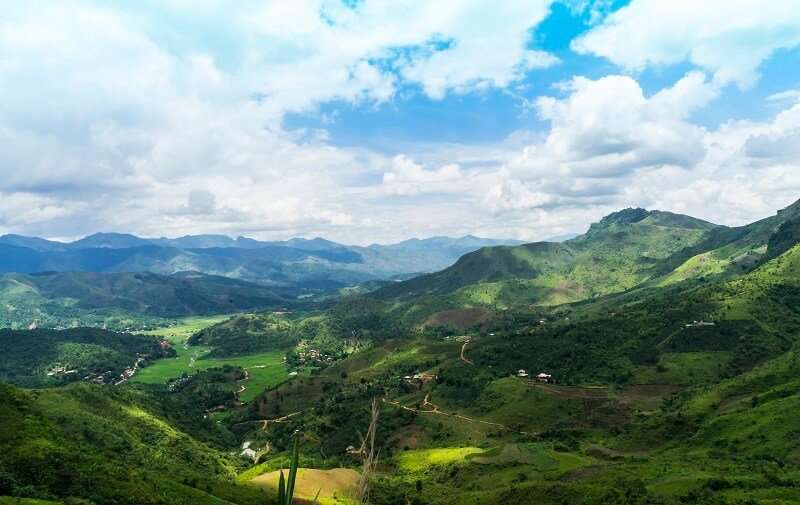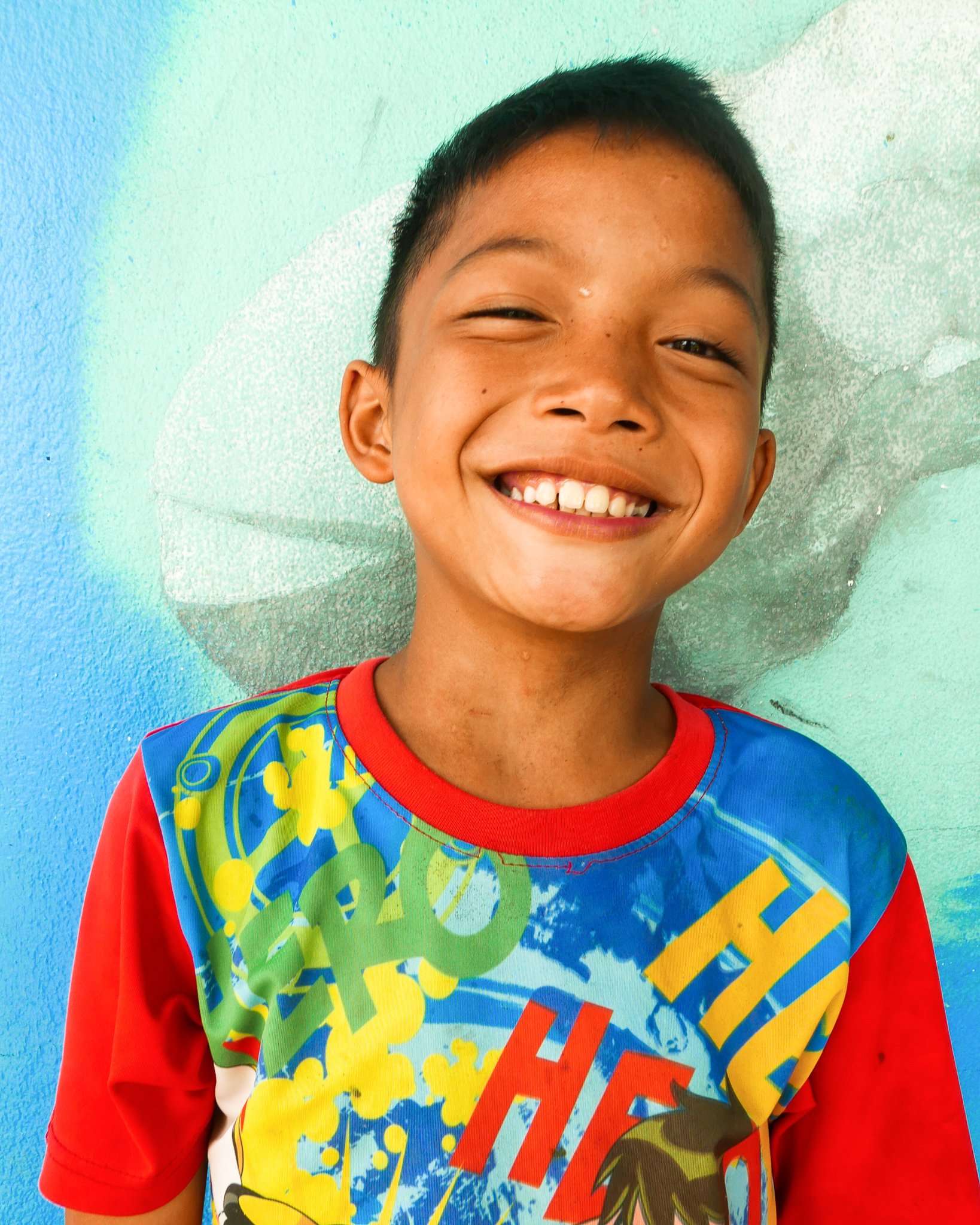NFS Vietnam Update
Written by Michael Brosowski
It’s hardly news at all now. The coronavirus, COVID-19, has swept the world. From some murmured concerns in December, this viral infection is now the daily lead story everywhere.
People are worried. Over 130,000 are sick. Almost 5,000 have died.
In response, the world is in panic mode. Wearing a face mask is the new normal in many countries. Schools are closed, supermarket shelves are empty of basic items, flights and events have been cancelled.
This isn’t easy on anybody.


The world has seen global crises before, and we will again. And every time, it’s the poorest in society who are the hardest hit.
Co-Founder of Blue Dragon Children’s Foundation – Michael Brosowski
And without diminishing these very real fears and tragedies, we can see that it’s the world’s most vulnerable who are facing the grimmest of futures because of the virus.
Families living without access to health facilities – or without the ability to pay for testing – can do nothing but hope they don’t fall ill.
Women who spend all day selling their goods in the crowded markets of villages around the world have to choose between working in a high-risk environment… or their whole family going hungry.
Elderly and chronically ill people, who are most at risk of fatal consequences if they catch the virus, risk being stranded at home alone, knowing that simply going out in public poses a risk to their life.
And for Blue Dragon, a very particular group of people is suffering: women and girls in slavery.
Blue Dragon is well known for our rescues of people who have been trafficked and sold for labor or sexual exploitation. Last year alone, we rescued 111 women and girls who had been trafficked from Vietnam into China and sold, mostly to men wanting wives.
Since the coronavirus forced the closure of the Chinese-Vietnamese border, and travel within China became heavily restricted, these rescues have all but ceased. We’ve succeeded in getting just a few people out of slavery and into safe houses to hide while waiting for the restrictions to pass.
Calls for help, however, keep coming. And while all are urgent, some are extremely distressing. One woman last week made the call at risk of her life, knowing that calling for help would be dangerous, but if she cannot escape she will be killed anyway.
The man who bought her beats her routinely and regularly. It’s just a matter of time before he kills her.
That woman is safe now – but there are 27 more people in contact with Blue Dragon hoping we can get to them too.
The coronavirus is bad for everyone, without exception. For the world’s poorest and most vulnerable, the virus is a risk to their life whether they are infected or not.
So what can I do?
If you want to take action, don’t feel helpless. Some ways you can help right now:
- Check with your neighbors and community – are there elderly people, single parents with kids at home, or chronically ill people who need supplies delivered to their home? Or just a friendly phone call to check in on how they are doing?
- Make a donation. Right now, charities around the world are canceling fundraising events, and donations are drying up. If you have a few spare dollars, they will be deeply appreciated.
- Support your local businesses. Unless your government (or a doctor!) advises otherwise, get down to the shops with your facemask on rather than ordering from giant, automated online systems. The first people to lose their jobs as business slows down will be those who are already on low salaries in your local shop or cafe.
The world has seen global crises before, and we will again. And every time, it’s the poorest in society who are the hardest hit.
As we pull through the coronavirus in coming months, let’s stay determined to make the world a more just, fairer place for all people, for the long term.
Related Articles
Related
TK’s Journey: From Refugee to UN Award Recipient – A Beacon of Hope and Change
In a world where stories of hope and perseverance often go unheard, the story of Ntakamaze Nziyonvira, known as TK, stands as a beacon of inspiration. At Not For Sale, we are honored to spotlight TK’s remarkable journey from a refugee camp to becoming a United Nations...
From The Frontlines: Vi Do’s Transformational Journey from Streetchild to CEO
Watch our first 'From The Frontlines' video series. We are thrilled to present an intimate and inspiring interview with Vi Do, Co-CEO of Blue Dragon Children's Foundation. Hosted by our very own Mark Wexler, co-founder of Not For Sale, this episode is a deep dive into...
Great News: Massive Bipartisan Support for Vital Legislation in the U.S. House
On February 13, 2024 the U.S. House of Representatives passed the Frederick Douglass Trafficking Victims Prevention and Protection Reauthorization Act (H.R. 5856) with an overwhelming and bipartisan majority. This crucial piece of legislation, championed...

